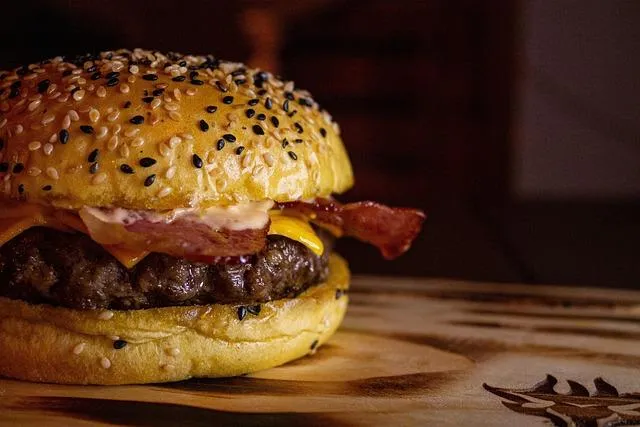
What is the real cost of a hamburger?
Producing 450 grams of beef requires 9,500 liters of water, 5.5 kilos of grain, 16 kilos of fertile soil, and the energy equivalent of 3.7 liters of gasoline.
"If all these costs were reflected in the price of the product, without subsidies, the cheapest hamburger in the United States would cost $35 USD."
The energy costs of meat production
Meat production is energy-intensive and very inefficient. Producing one kilogram of beef consumes 169 megajoules (169 million watts) of energy—enough to drive an average European car about 250 kilometers!
A 170-gram steak requires 16 times more energy from fossil fuels than a vegan meal with three types of vegetables and rice. Furthermore, it produces only 0.4 pounds of CO2 compared to 10 pounds of meat, or 25 times more CO2.
As if this weren't enough, meat requires transportation and refrigerated storage, the cultivation and transportation of animal feed, extensive packaging, prolonged cooking at high temperatures, and generates a huge amount of waste (manure and urine) that must also be processed and disposed of. Meat production is so expensive and inefficient, so unsustainable, that producing meat is a bad business.
